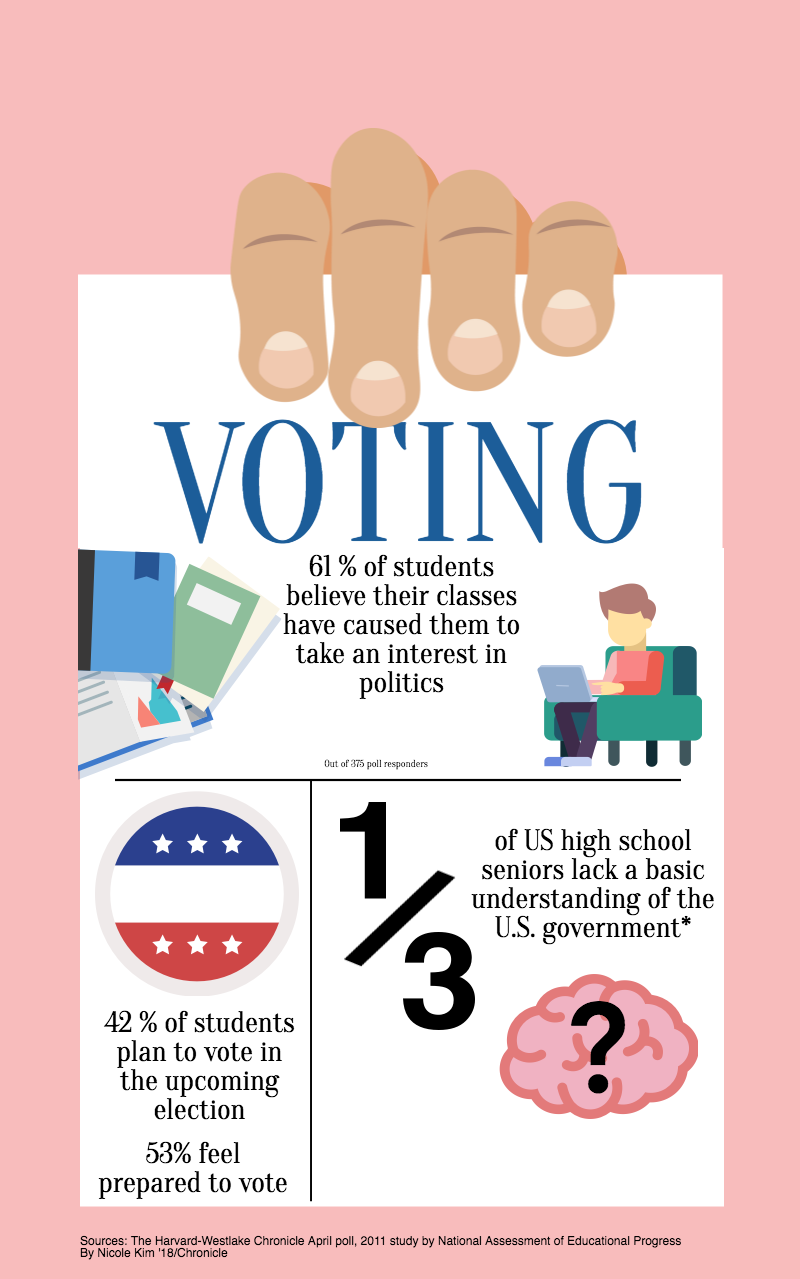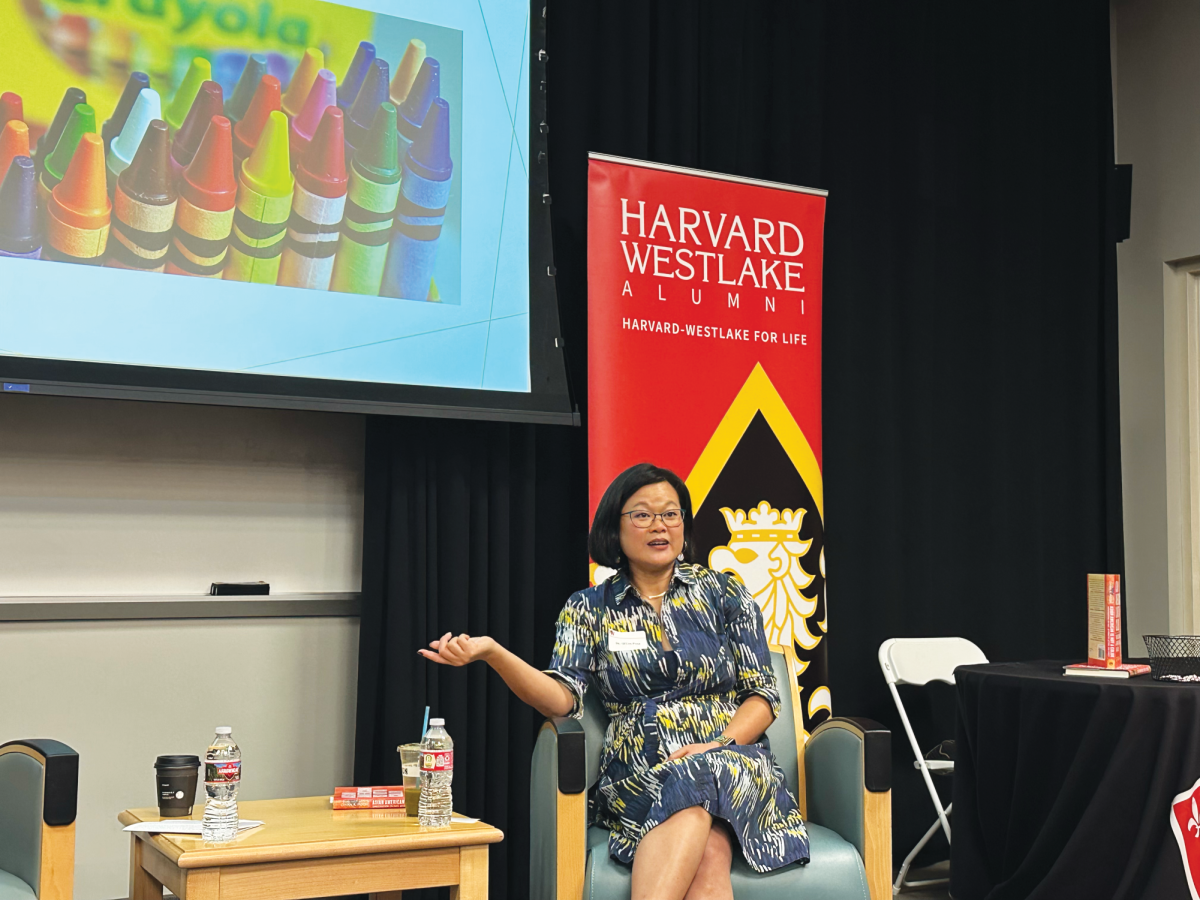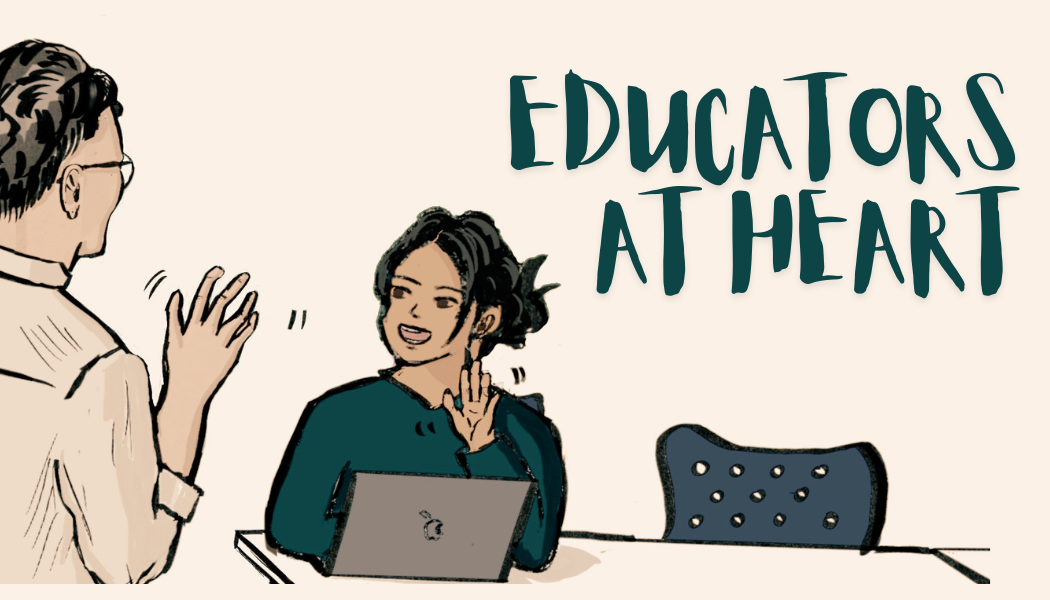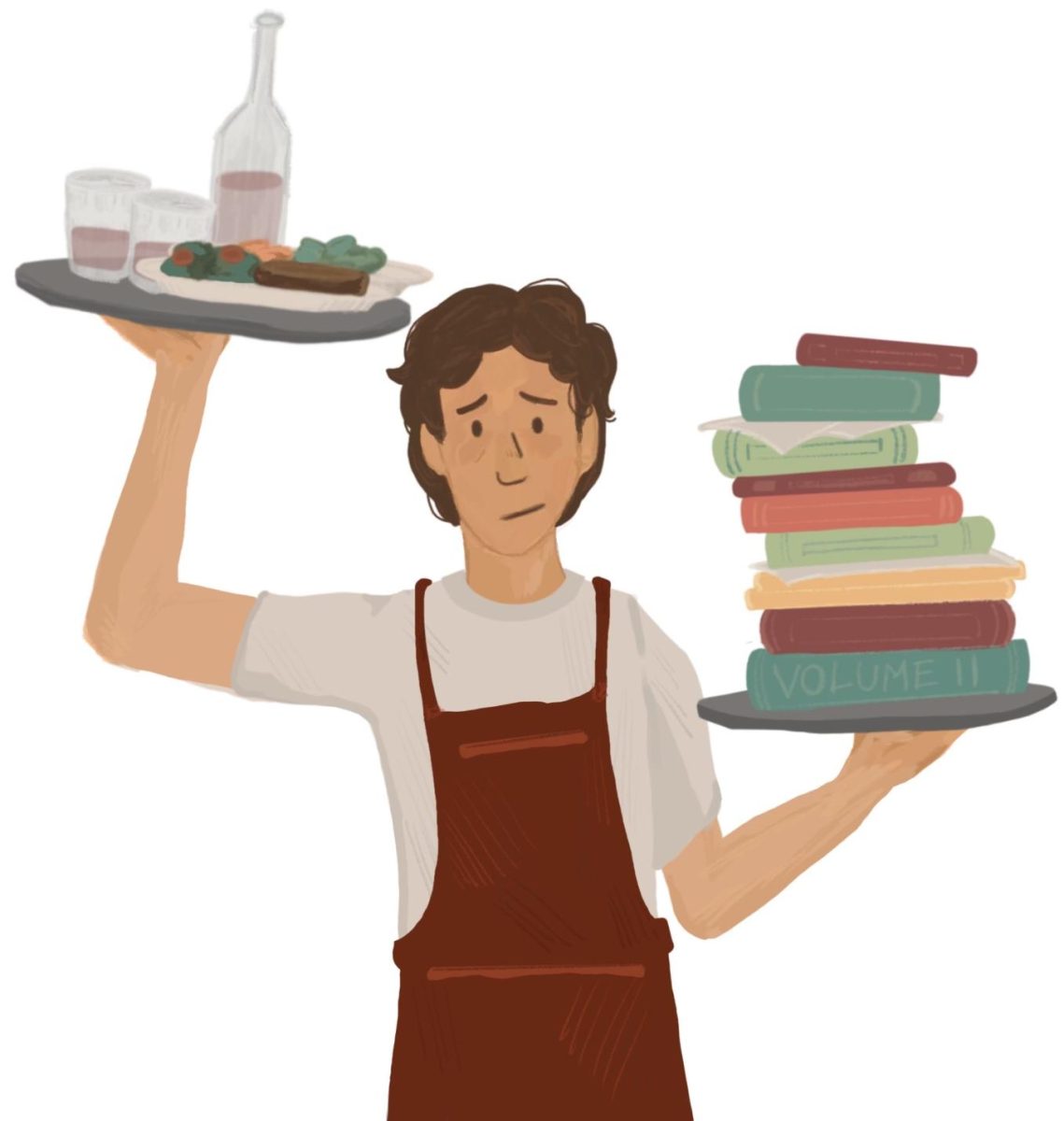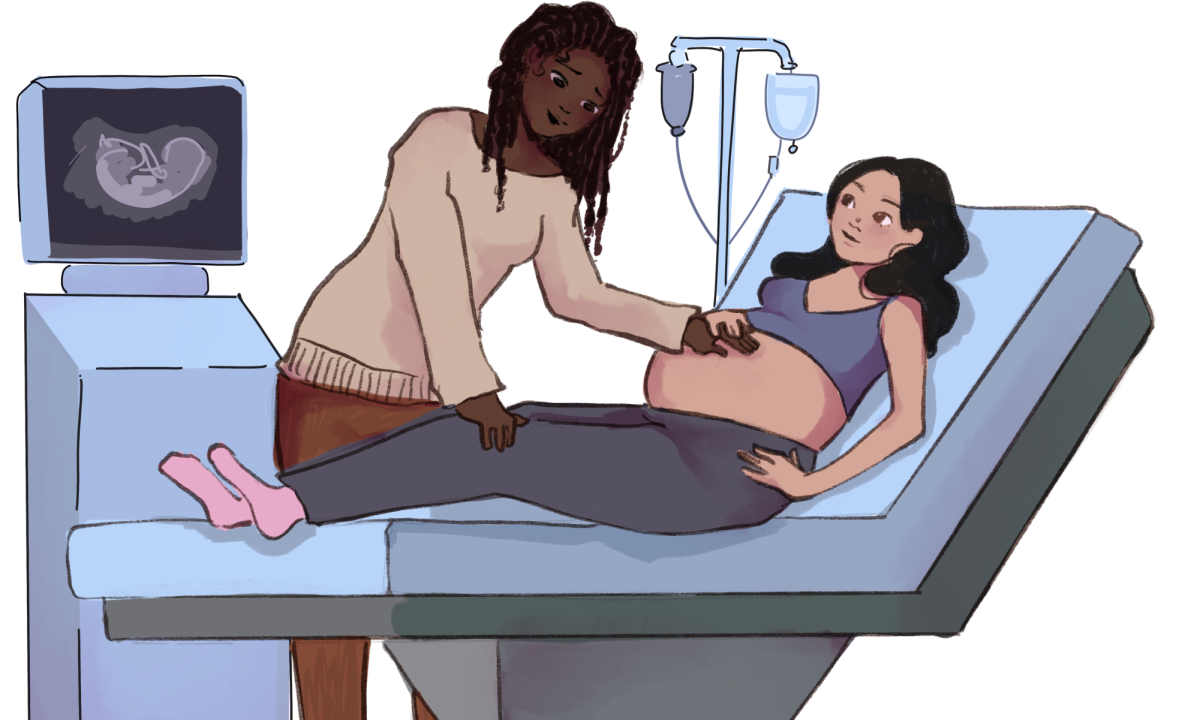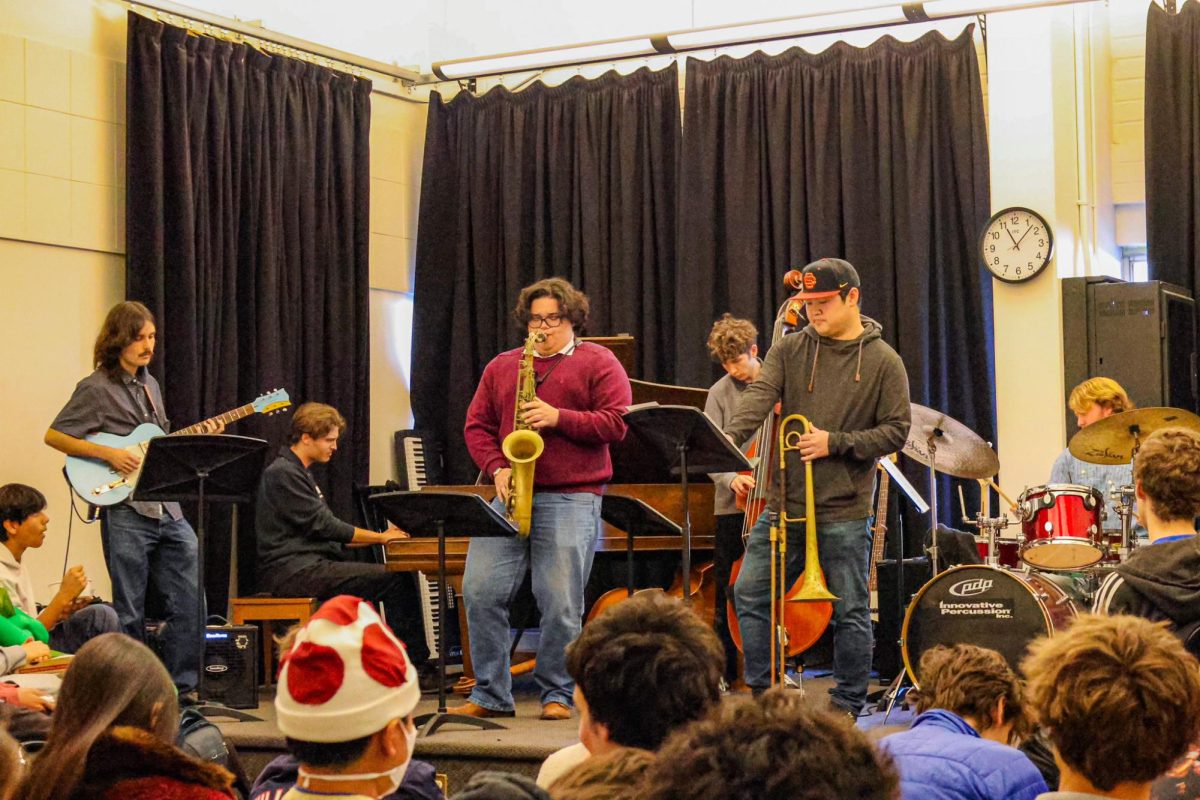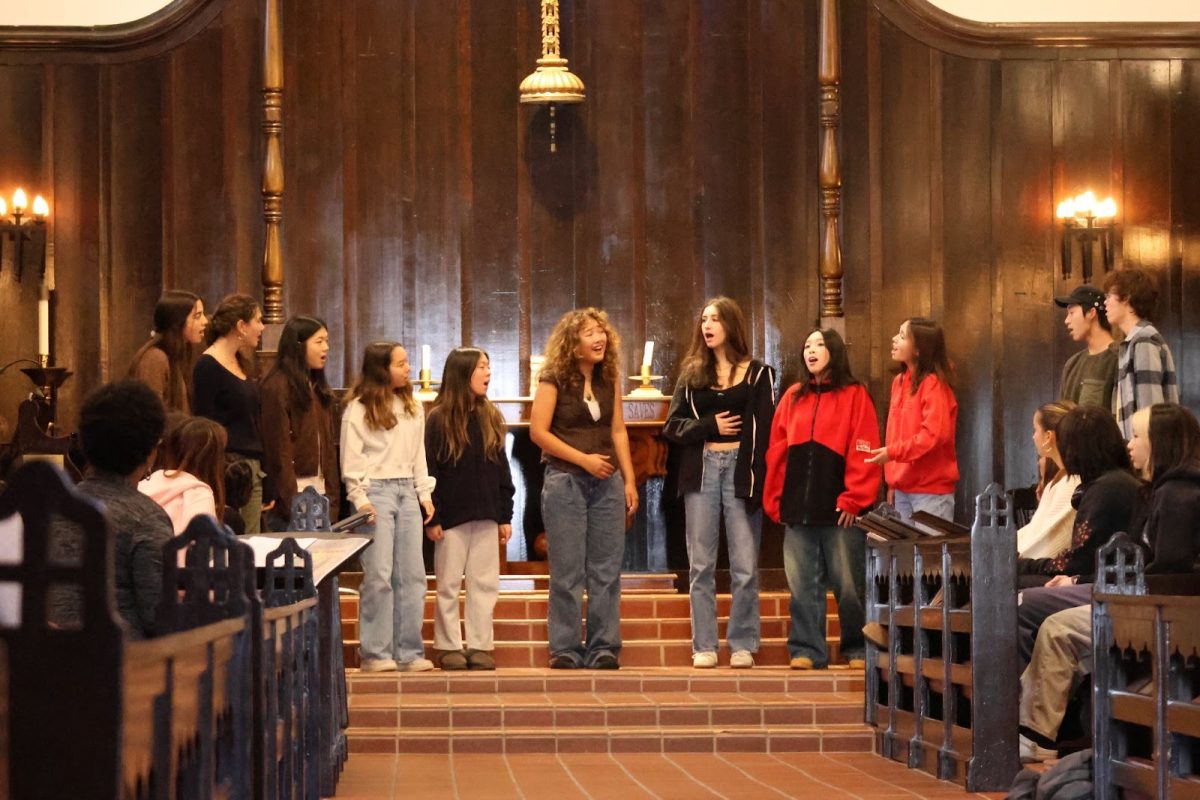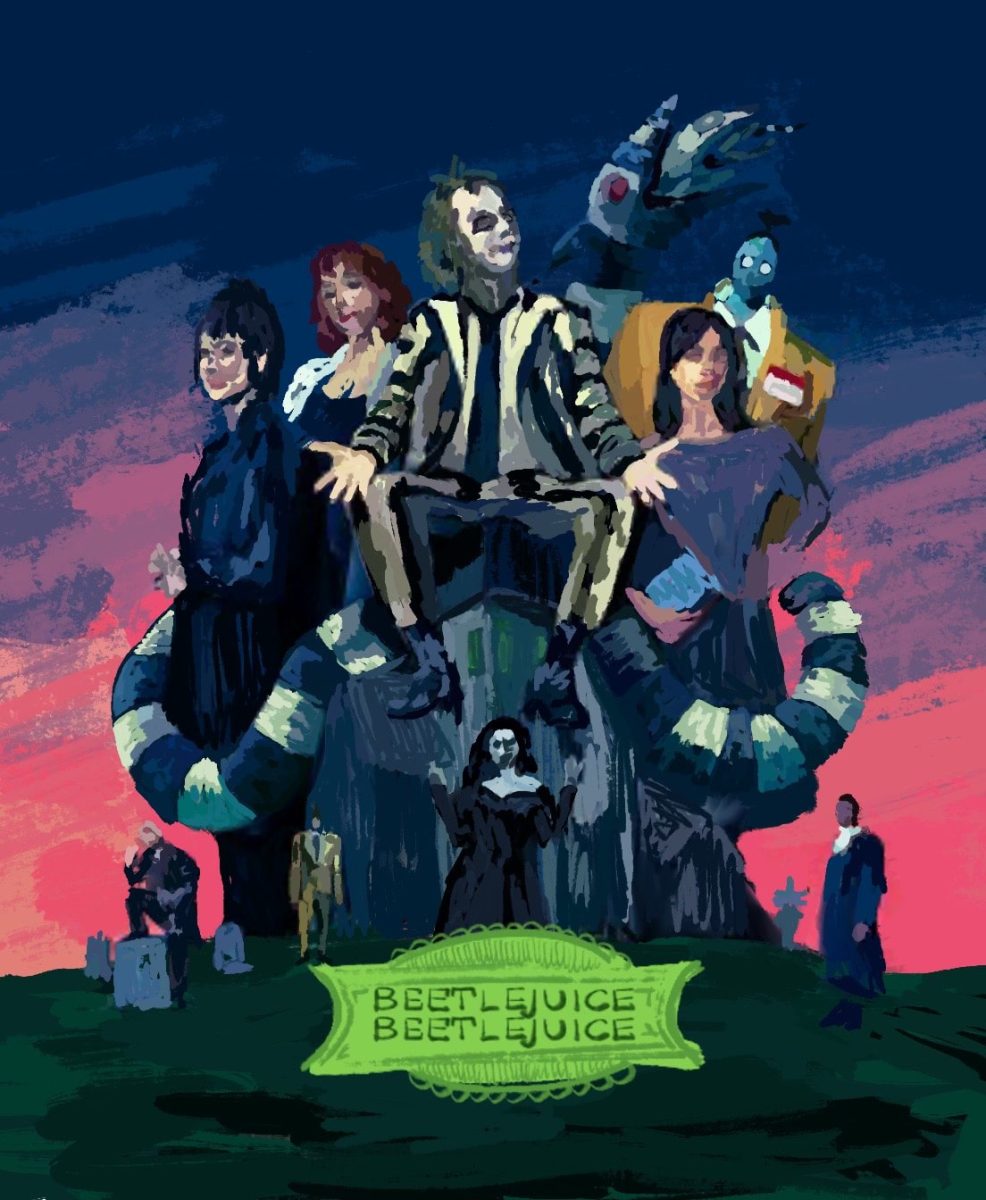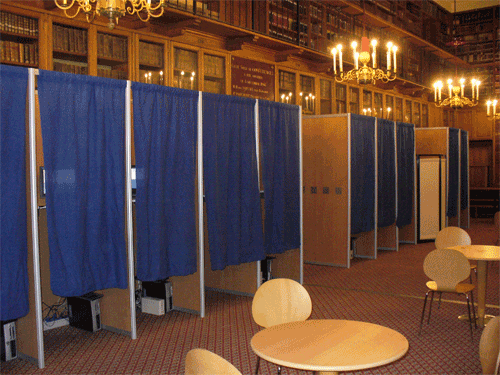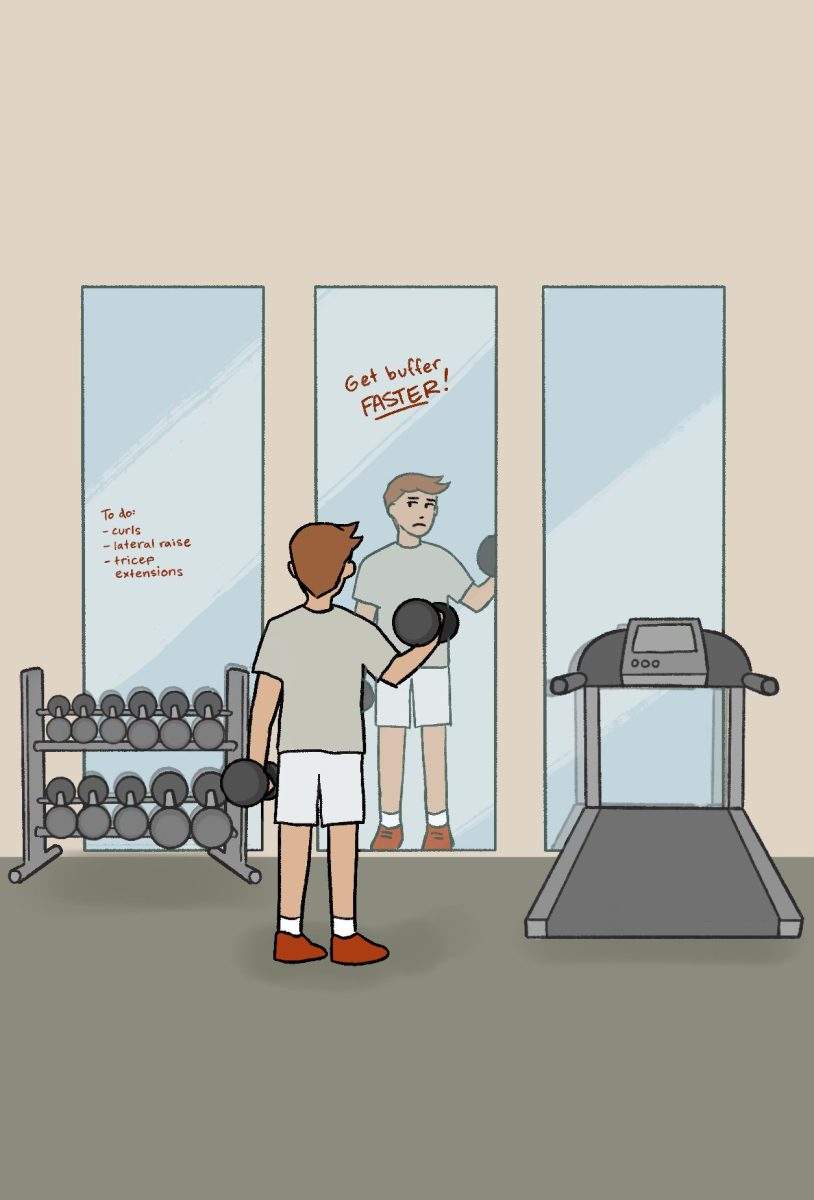As the California primary election draws near, many seniors at Harvard-Westlake say they feel prepared to vote knowledgeably for a presidential candidate, but some juniors who will turn 18 before the June or November elections say they wish the school integrated politics more regularly into the curriculum.
This fall, Marisa Hattler ’16, along with many other juniors and seniors, will be casting their ballots for the first time.
“I’m really excited to vote because this is the first year that I can vote, and it is cool that my first voting experience will be in a presidential election, not a midterm election,” Hattler said. “I believe that I have a pretty good understanding of the current political scene and what I’m looking for in a president, which is why I already know who I’m going to vote for.”
However, nationwide about one-third of high school seniors appear to lack a basic understanding of how the American government operates, according to a 2011 study conducted by the National Assessment of Educational Progress.
Voter turnout among 18- to 20-year-olds dropped in the 2012 presidential election to 45 percent from 51 percent four years earlier, according to the Center for Information & Research on Civil Learning and Engagement.
In the 2012 election, President Barack Obama easily won the youth vote nationwide, which was crucial to his success.
According to an analysis by the Center for Research and Information on Civic Learning and Engagement at Tufts University, if Republican nominee and former Massachusetts Governor Mitt Romney had achieved 50 percent of the youth vote, he could have won the key states of Florida, Virginia, Pennsylvania and Ohio.
This year, Republican front runners Donald Trump and senator Ted Cruz face the possibility of a contested convention, adding even more weight to the potential youth vote.
Harvard-Westlake students, seniors especially, say they are ready to vote in the upcoming election.
“[AP Government and Politics] has definitely heightened my interest in politics and made me much more comfortable with my political knowledge,” Hattler said. “Now that I have learned the background on how our country’s government operates, I can apply that to current politics, and it’s much more interesting and understandable.”
AP Government and Politics teacher Dave Waterhouse said students frequently discuss the current election in class with emphasis on the most recent developments in the presidential race.
Although his students are not given advice on how to make the decision when casting their vote, they are taught to focus on what to look for in a candidate and the qualities he or she should embody in order to assume the role.
Teachers draw a parallel between the political science curriculum and related issues in Washington.
Some students say they feel the government class has sparked their interest in politics.
“I now feel that I can make a decision on a candidate based on their policies instead of blindly choosing one,” Lauren Jones ’16 said. “Now that I actually know a lot more about politics, I find myself talking about it more often and have even considered studying government and politics in college.”
Waterhouse believes that most of his students have strong opinions on the election and are ready and willing to vote.
“I can’t imagine anyone who is eligible to vote in these classes would not vote,” Waterhouse said.
At the beginning of the year, Jones said AP Government and Politics students explored the candidates’ position on different issues, their chances in the primaries and the likelihood they would make it to the general election.
The AP United States History class, which is typically taken by juniors, also incorporates discussion about the election.
“In AP United States History, we have news quizzes, which definitely inform us of the current happenings of the election,” Sylvie Sanders ’17 said.
Students say a deeper understanding of economics has helped them understand what to look for in a president, and in AP Economics, politics is typically discussed in terms of fiscal policy.
“We discuss politics in AP Economics because economic policies are very connected to the government, and we read Wall Street Journal articles that will discuss trade agreements or tax policies,” Mikaela Wolfsdorf ’16 said.
Seniors in AP English Language also discuss prevalent political issues.
“After reading ‘The Handmaid’s Tale,’ which recounts the story of a religious dystopia, we considered the effects of a religious president in the United States,” Jones said.
However, some students, especially juniors not yet enrolled in the senior courses, believe that Harvard-Westlake classes do not discuss current national issues and trends enough, leaving them unprepared and concerned about future political participation.
“I think that Harvard-Westlake has given me the mindset for a thoughtful decision, but not the information to base it off of,” Charlie Noxon ’17 said. “In our English classes specifically, Harvard-Westlake teaches us to sift through rhetoric for kernels of truth. However, I feel we’re not exposed to the real applications of this skill, focusing on esoteric passages in Faulkner rather than the world outside our ivory tower.”
AP exams span a specific breadth of material and therefore have minimal time to delve into topical issues, Connor Engel ’17 said.
“Some history classes have news quizzes on current events, but those aren’t consistent or specific enough to really address the lack of political information,” he said.
Engel expressed a desire to see Harvard-Westlake integrate politics more consistently into its curriculum.
“I remember that my old school did it, and it resulted in an all-school mock election,” Engel said.
Nevertheless, classes have fostered an interest in the current election. According to an April 23 Chronicle poll, 62 percent of students say they believe their classes have caused them to become actively engaged in politics.
“It seems like many [students] have read on their own and watch the news, watch ‘The Daily Show’ and watch other things where they talk about politics,” Waterhouse said. “They all seem to have pretty strong opinions already. I think they can understand the significance of this election and previous elections.”
Jones said that she is more prepared to vote as a result of her participation the AP United States Government and Politics course.
“One of the goals that my [AP Government and Politics] teacher expressed for the end of the year is that we all leave as educated voters,” Jones said. “I believe I’m prepared to vote.”
